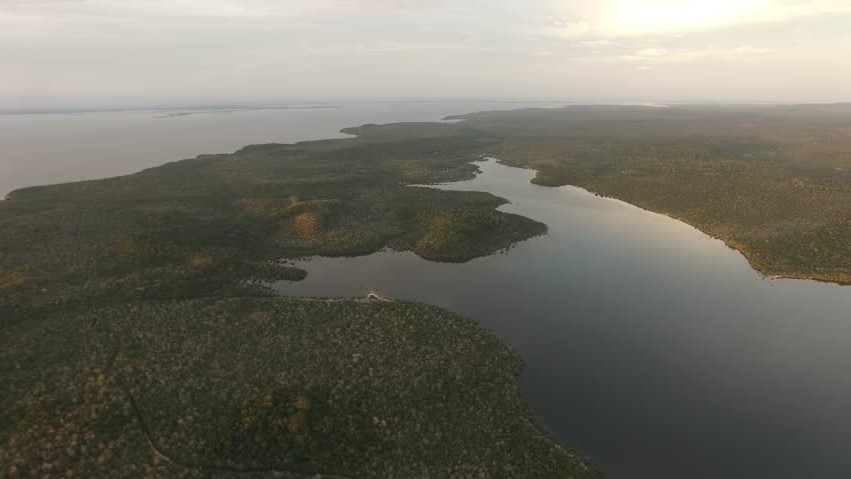Brazil prepares to remove illegal Amazon gold miners from Munduruku land

Brazilian authorities are preparing to remove illegal gold miners from an Indigenous reservation in the Amazon rainforest that has been criss-crossed with informal airstrips and contaminated with mercury, an official said.
The Munduruku territory covers nearly 24,000 square km (9,000 square miles), about the size of the US state of New Hampshire, and is home to 61 villages of Munduruku, Apiacas and other Indigenous groups in an area known for violent land disputes.
The Munduruku reservation has the second-most illegal mining in Brazil, according to a report seen by Reuters from government agency Censipam, which manages operations protecting the Amazon.
Brazilian President Luiz Inacio Lula da Silva has vowed to fight illegal mining on Indigenous lands after a surge under his predecessor Jair Bolsonaro.
Illegal gold miners have poisoned rivers and triggered public health crises on Indigenous reservations, which are the responsibility of the federal government.
The planned operation will involve federal bodies from the Defense Ministry to Indigenous affairs agency Funai, Nilton Tubino, who has been coordinating similar efforts in the Yanomami territory in far northern Brazil, told Reuters.
The Yanomani territory, where illegal miners have also been vectors for malaria and other contagious disease, has seen the most illegal mining, Censipam says.
Authorities have identified 21 informal airstrips in the Munduruku territory providing supplies for mining activity, the Censipam report showed. Turbino said the operation would aim to cut supplies for illegal activities in partnership with Brazil’s fuel and aviation regulators.
The Censipam report showed that 388 new illegal mining spots opened in the Munduruku territory in 2022, the last year of the Bolsonaro administration, falling to 128 last year and 23 so far this year.
Tubino said the government would avoid inflaming any conflicts with the operation.
(By Ricardo Brito and Andre Romani; Editing by Brad Haynes and Alison Williams)
{{ commodity.name }}
{{ post.title }}
{{ post.date }}




Comments